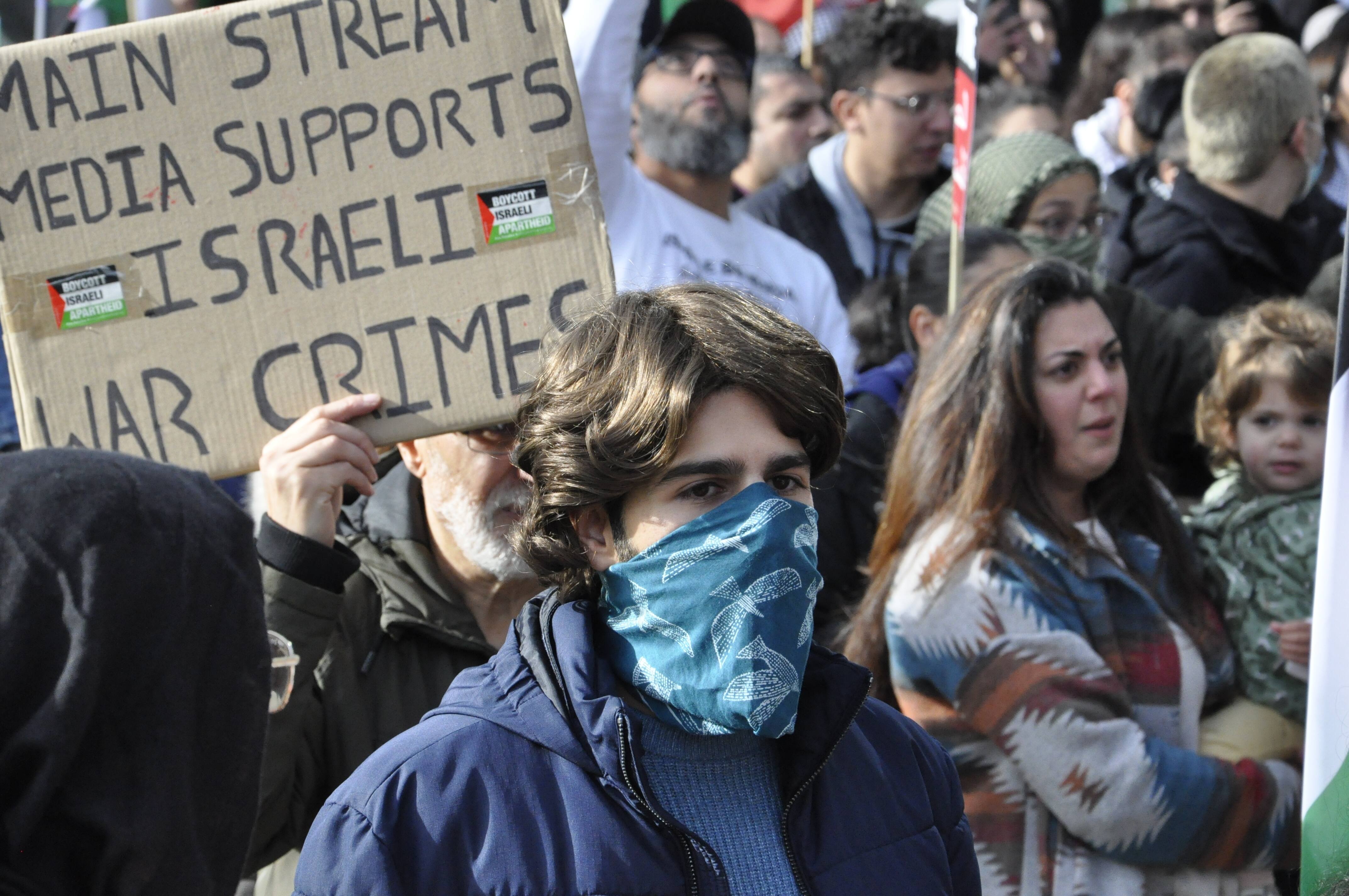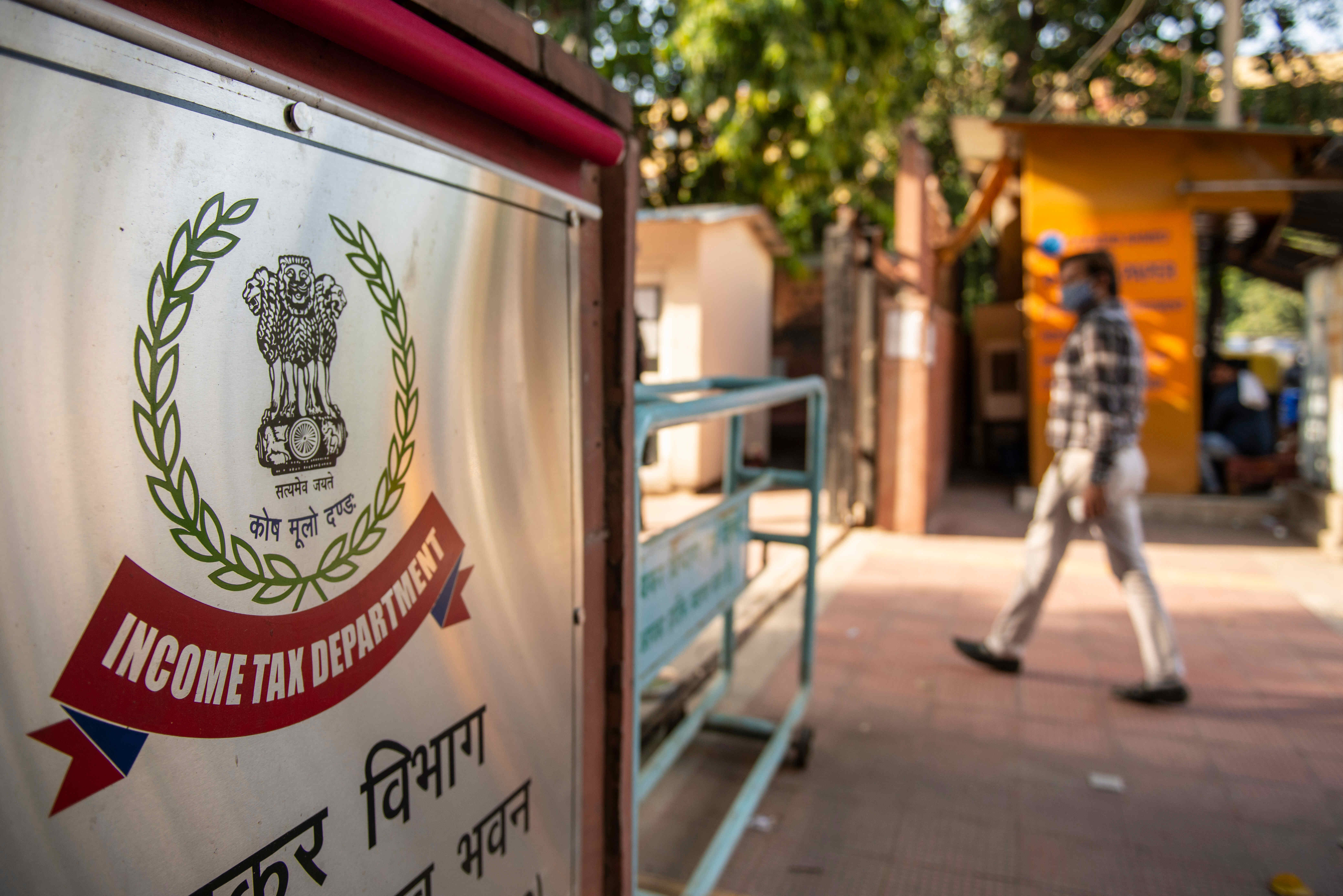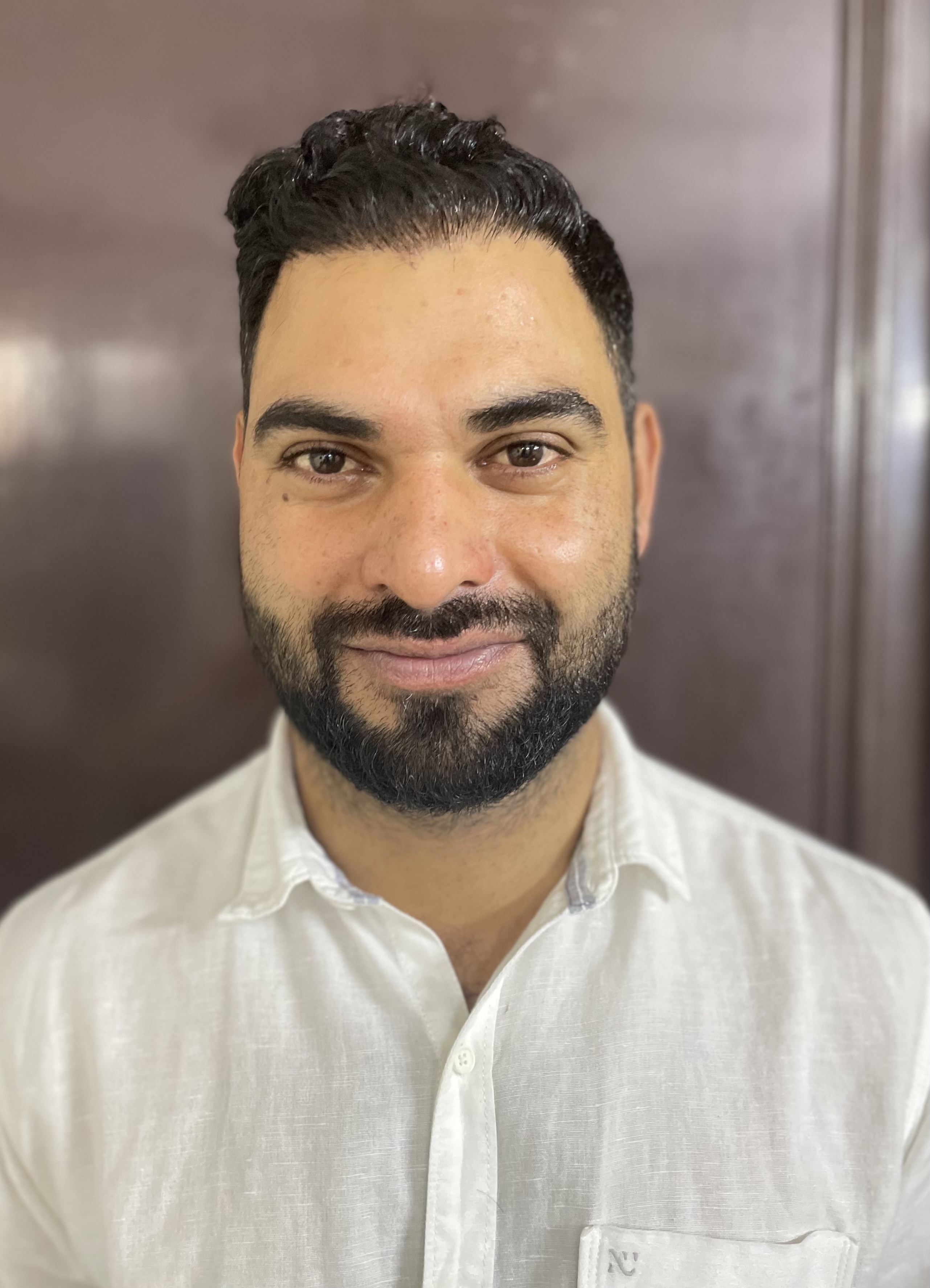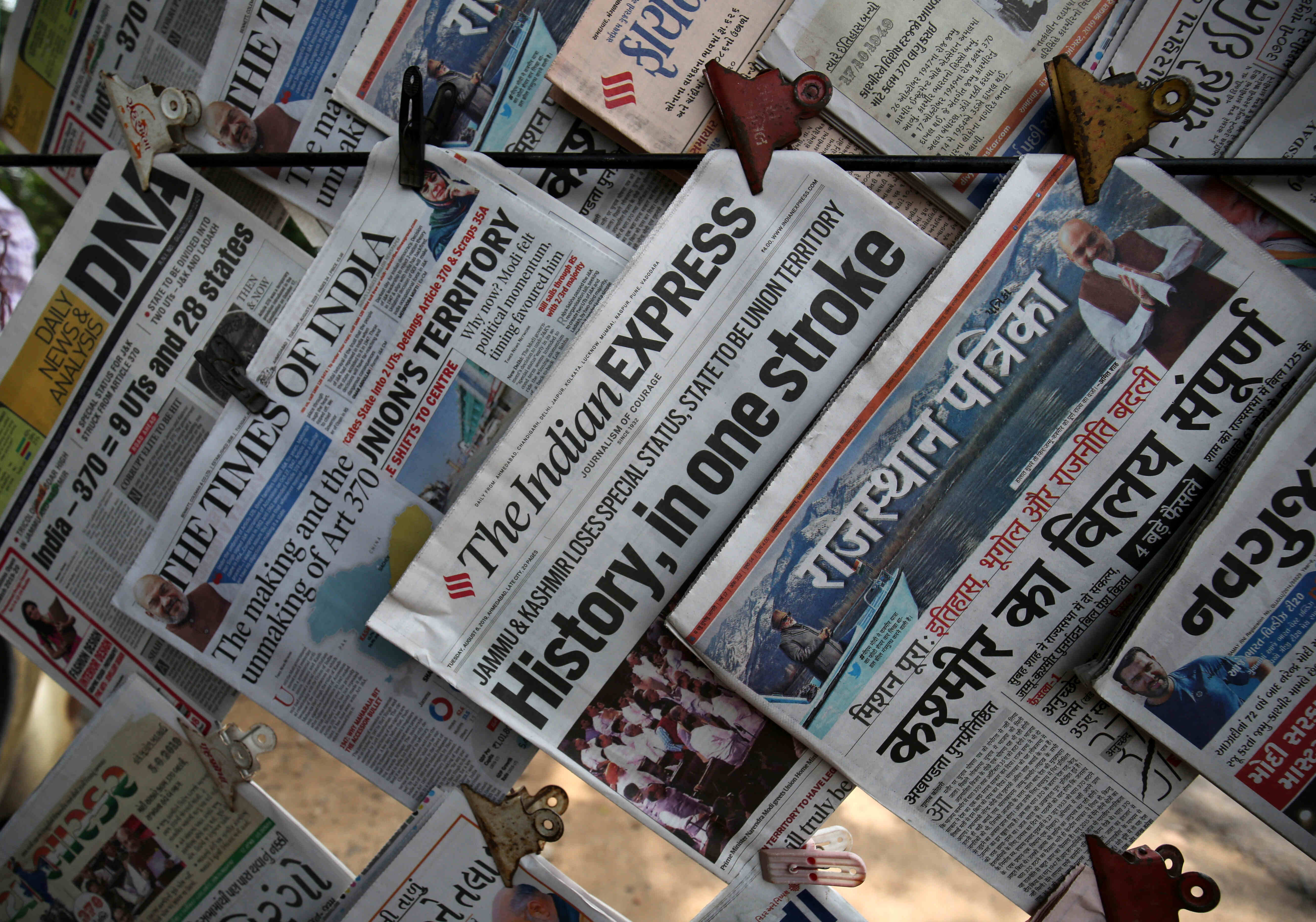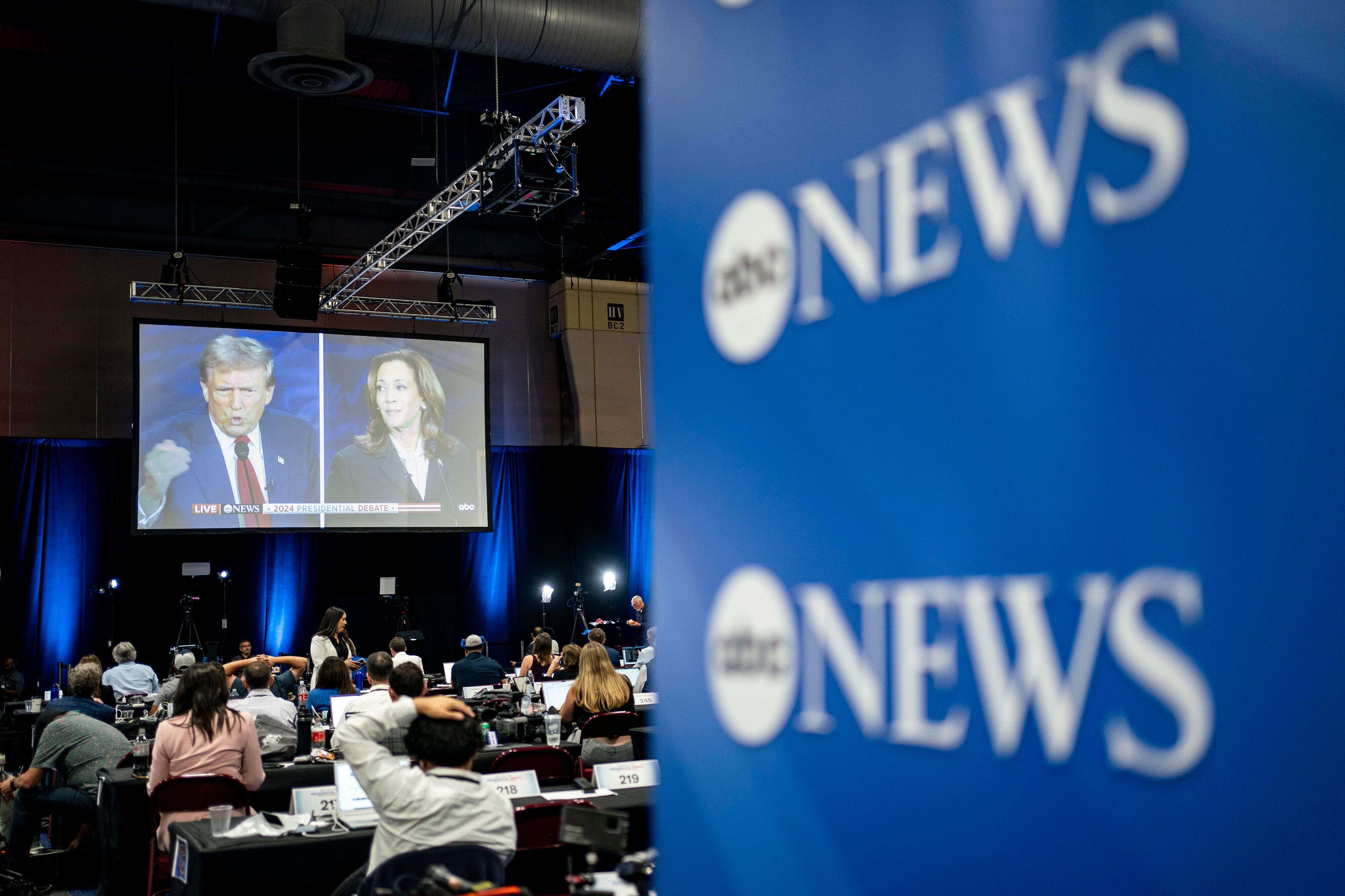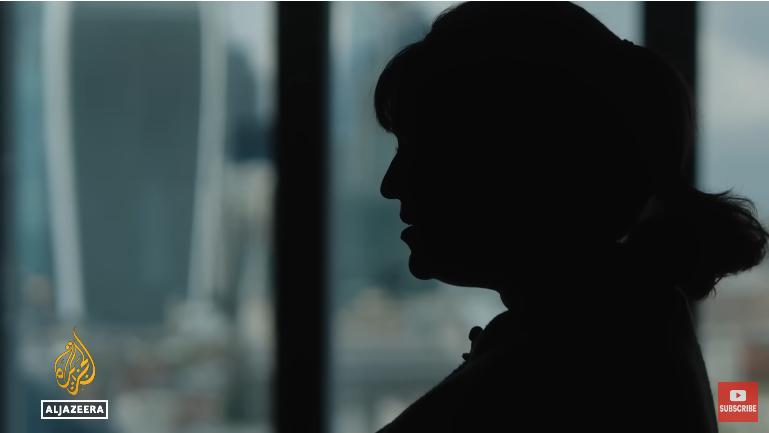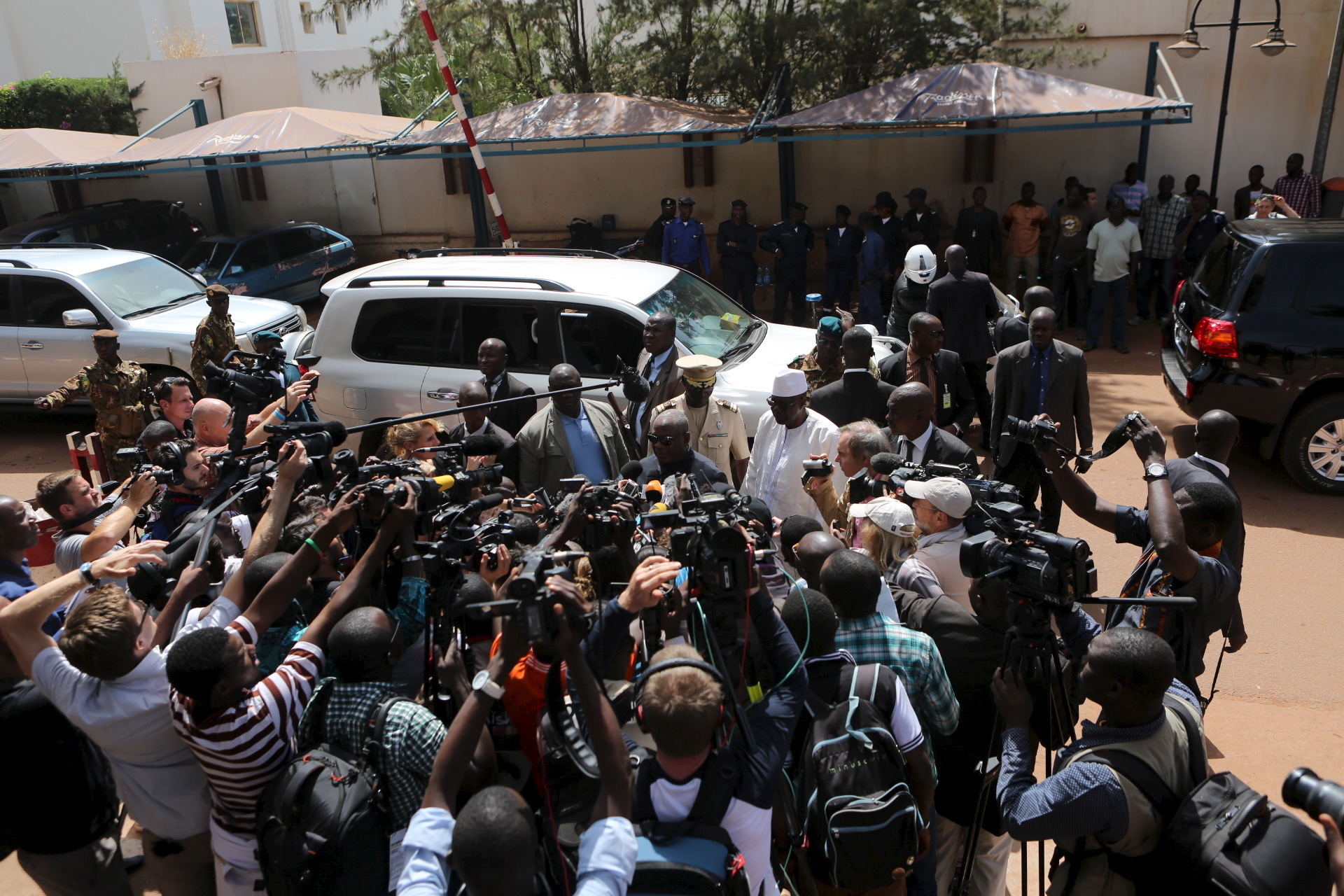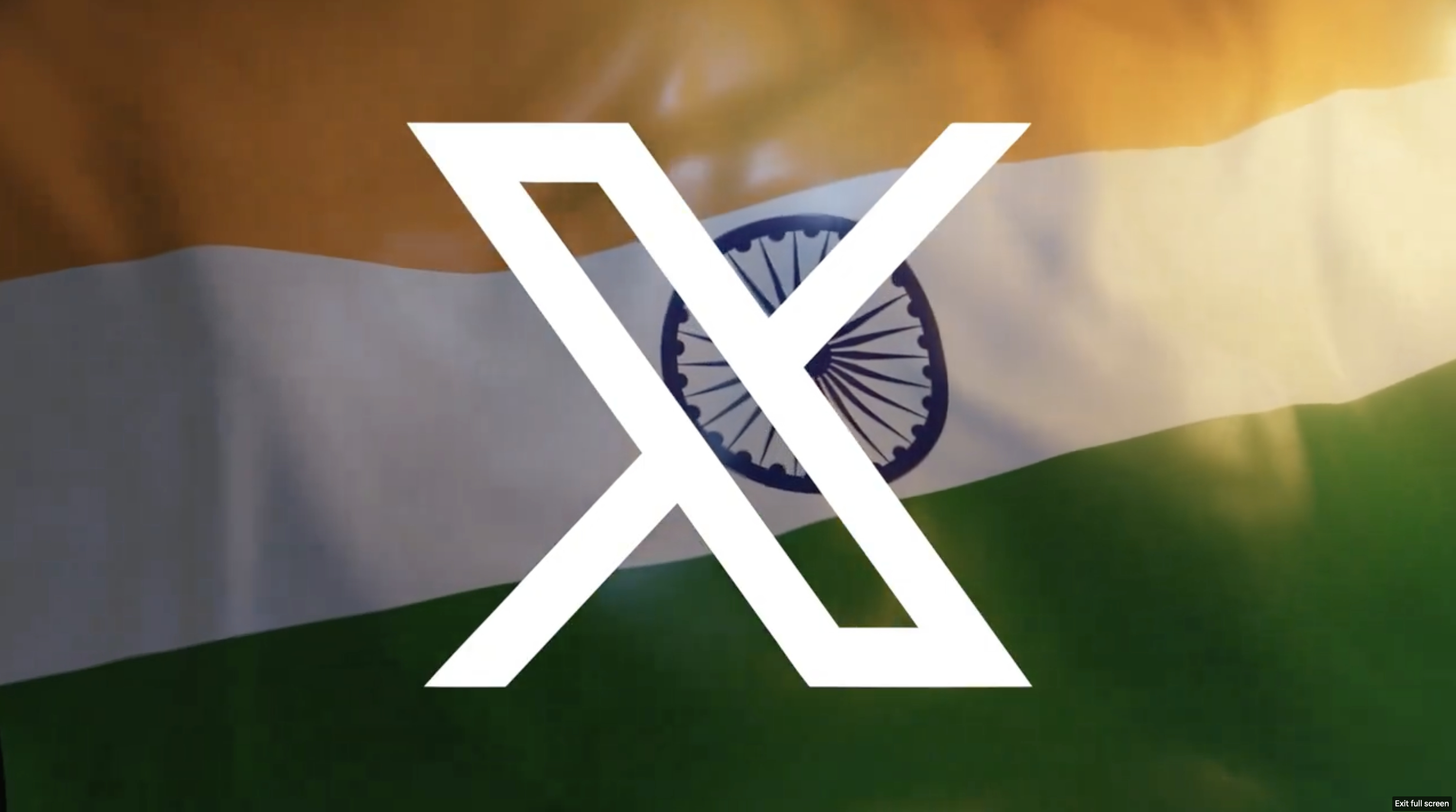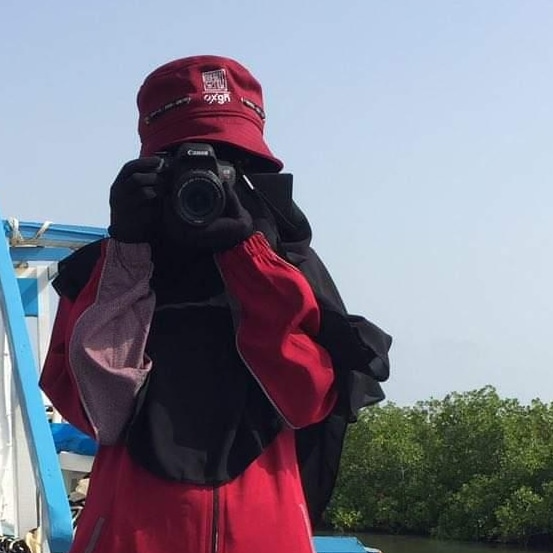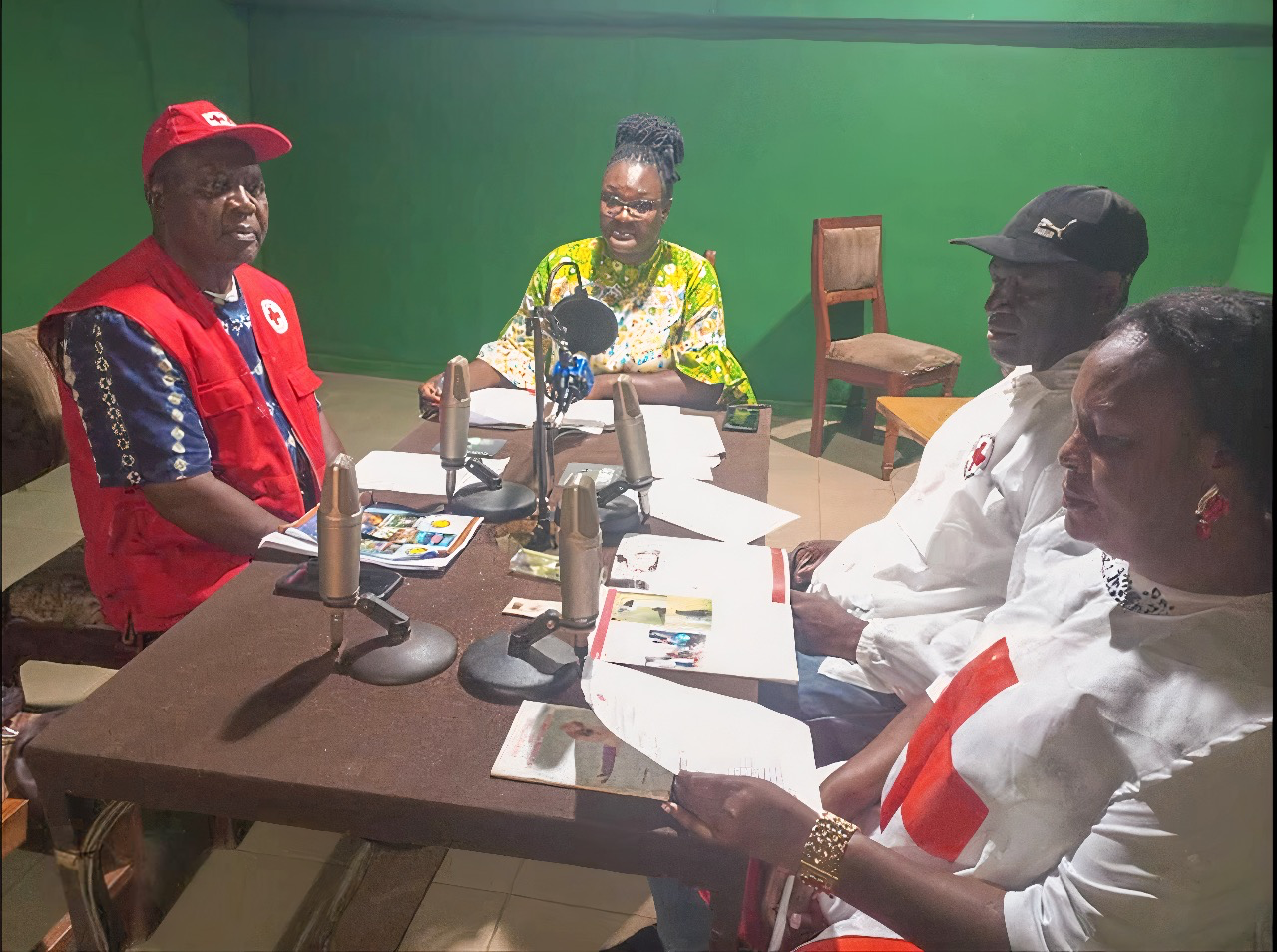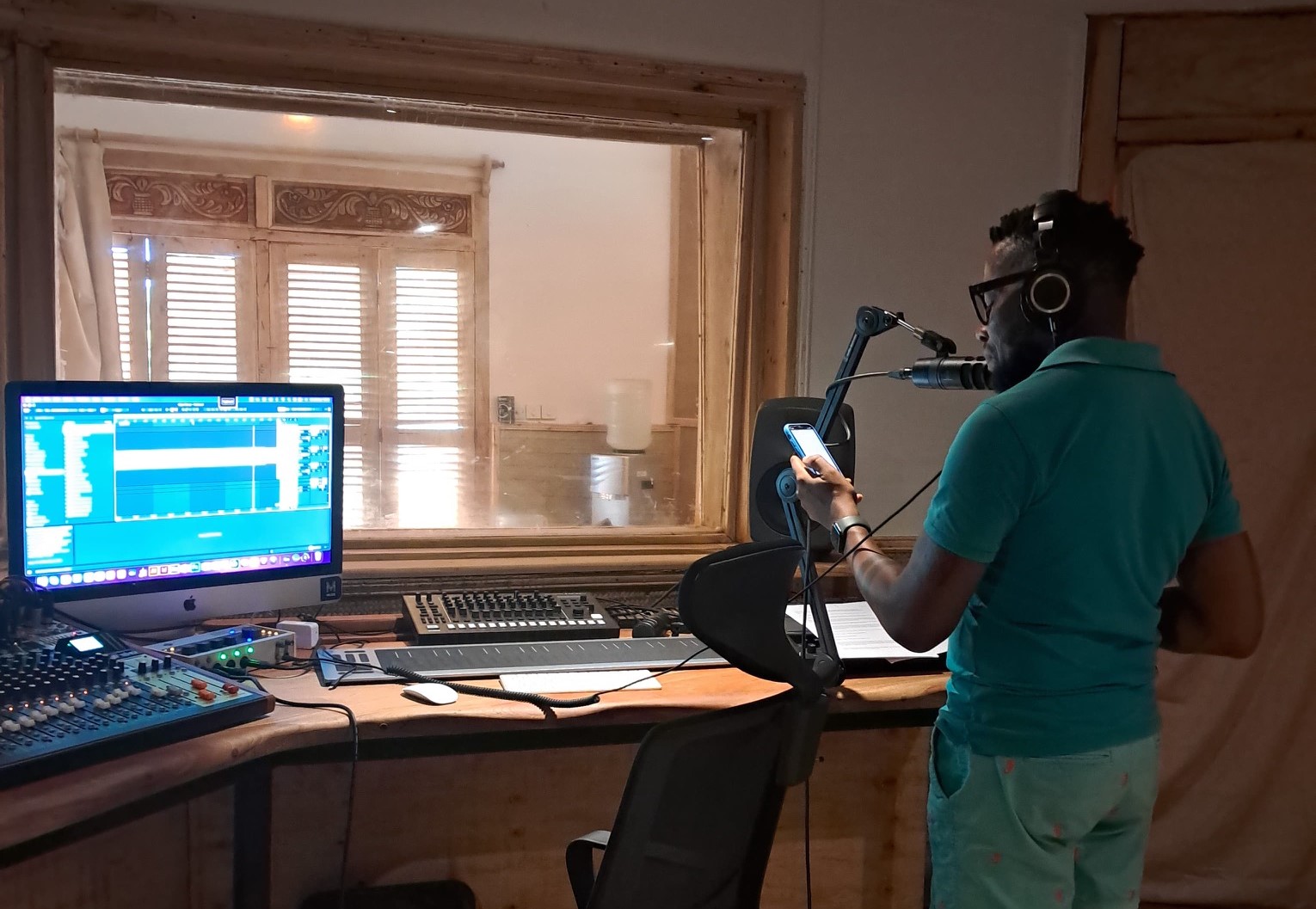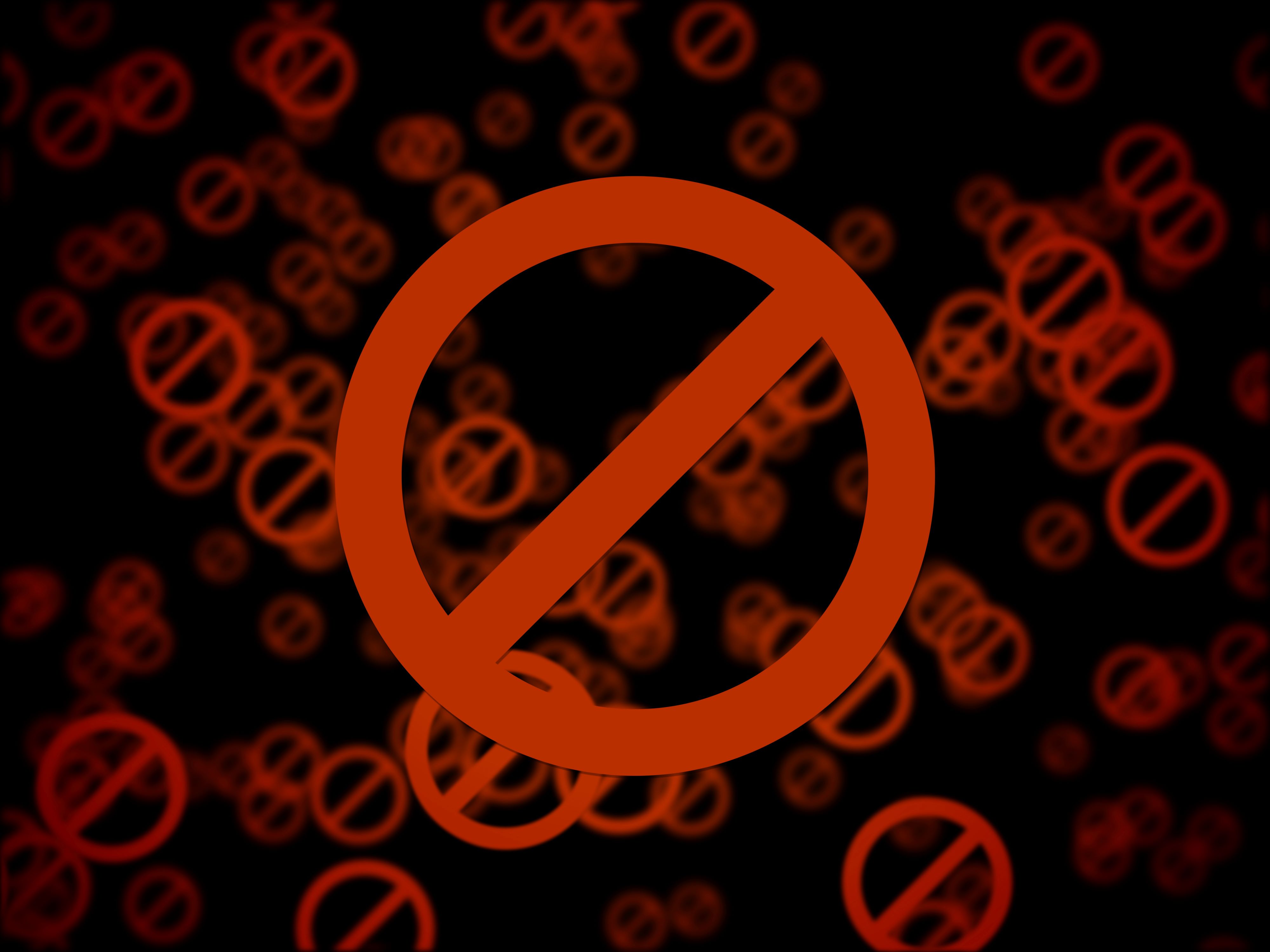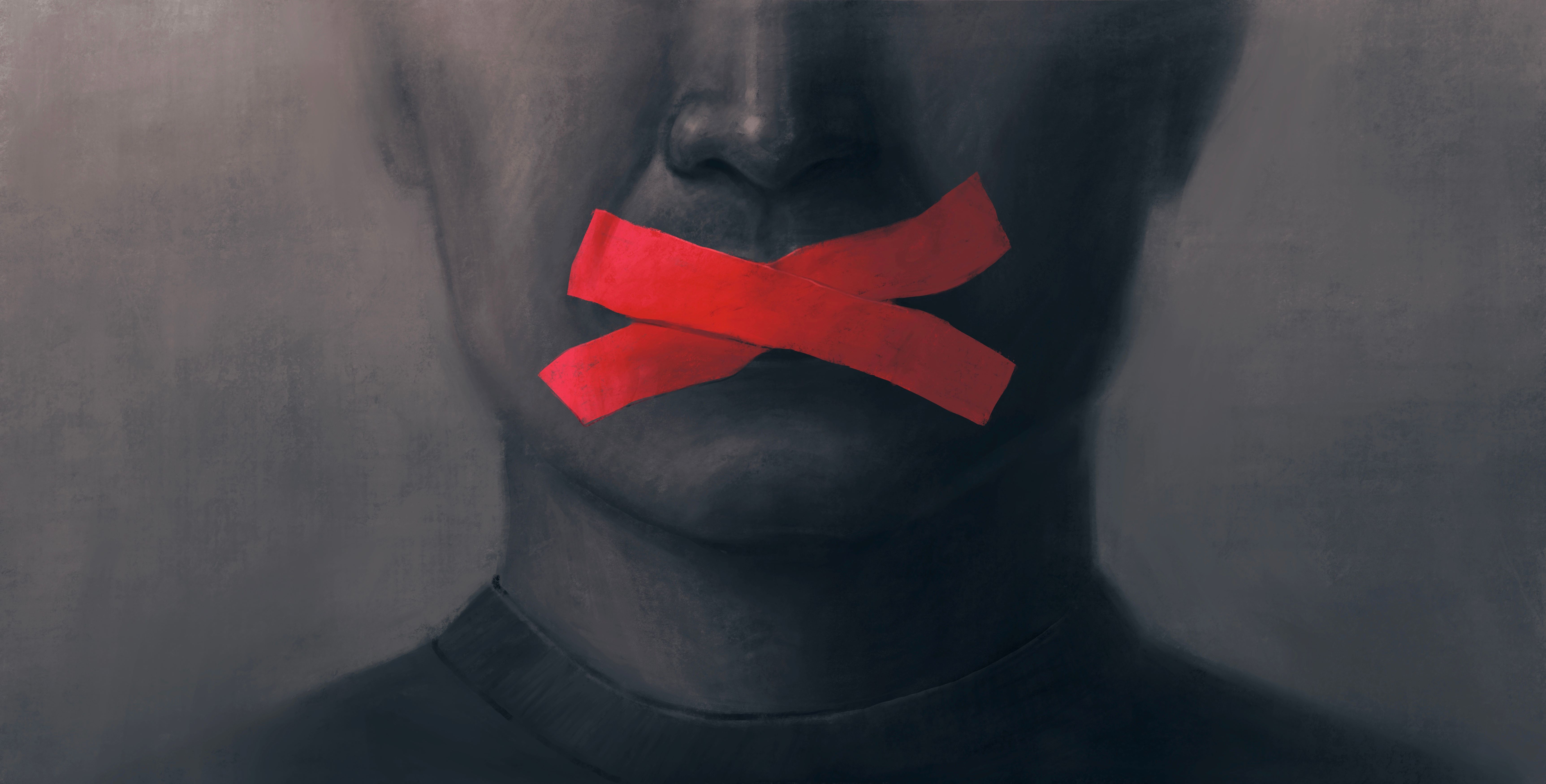In the midst of the ongoing Israeli war on Gaza, which has tragically claimed approximately 25,000 Palestinian lives, predominantly those of children and women, a clear trend has been identified in Western media coverage. This trend suggests a strong alignment with the Israeli narrative, to the extent that journalists from leading Western news outlets have embedded themselves with the Israeli army for reporting purposes. Their coverage, however, often reflects the Israeli viewpoint, adhering to military censorship and the official Israeli stance.
Recent analyses, particularly by the AJR editorial team, have highlighted this trend. A notable report by The Intercept, titled “Coverage of Gaza war in the New York Times and other major newspapers heavily favored Israel, analysis shows,” has transformed these observations into a scientifically-backed conclusion. This report reveals significant variations in the American mainstream media's portrayal of the Israeli war on Gaza, indicating numerous breaches of basic journalistic standards.
The Intercept's comprehensive analysis scrutinised over 1000 articles from three major American newspapers: The Washington Post, The New York Times, and The Los Angeles Times. Utilising sophisticated software typically used in quantitative media studies, the writers aimed to identify specific patterns in coverage, facilitating critique by media analysts even without precise statistical data on the extent of deviation.
Data for this study was sourced from publicly available information related to these influential newspapers, which are known for their wide readership and impact on journalistic standards in the United States. They are generally regarded as epitomes of professionalism and editorial independence. The Intercept's report, prepared by Adam Johnson and Othman Ali, offers a data-driven analysis, revealing a consistent pattern in how these leading publications have covered key aspects of the ongoing Gaza war.
Here is a digest of the key findings from the report:
1. Disproportionate Coverage of Death
Within the New York Times, Washington Post, and Los Angeles Times, the terms "Israeli" or "Israel" overshadow the frequency of references to "Palestinian" or its derivatives, despite Palestinian casualties significantly surpassing Israeli losses. Every two Palestinian deaths warrant just one mention, whereas each Israeli fatality garners eight references, representing a ratio 16 times higher per death compared to Palestinians.
2. Shifts in Language and Humanisation of Victims:
Beyond the quantitative neglect in articles focused on discussing Palestinian victims, there's a nuanced form of bias. This is evident in the heightened use of emotionally charged words and descriptions such as "massacre," "slaughter," "bloodbath," and "horrifying." These terms appear to be reserved primarily for Israeli casualties and are not employed in the context of Palestinians, creating an emotionally unbalanced narrative favoring the Israeli side. For instance, the analysis revealed that the term "slaughter" was used 60 times to describe operations on October 7, compared to one instance in Gaza. Similarly, the term "massacre" was used with a ratio of 125 to 2. The word "horrifying" was also reserved for Israeli victims, appearing 36 to 4 times in the context of Gaza.
3. Neglect of Child and Palestinian Journalist Victims:
The analysis also highlights how the three newspapers blatantly fell short in covering Israeli crimes against two specific victim groups that typically demand heightened attention—children and journalists. Despite an unprecedented number of documented child casualties in Gaza, around 10,000 children, and a significant number of journalists killed or assassinated in the last three months (totaling 112 journalists), the three newspapers barely paid considerable attention to the disaster that befell these two categories of civilians in the war on Gaza.
4. Contrast in Coverage of Hate in the U.S.
The report analysed the contrast in coverage by the three newspapers regarding crimes described as anti-Semitic and those classified as anti-Muslim. Despite a significant increase in the percentage of these crimes in recent times in the United States against Muslims compared to crimes against Jews, the latter consistently received the highest level of attention in all three newspapers, according to the data collected and analysed by the Intercept.
The Intercept's report, with its substantial dataset and analysis, confronts those interested in critiquing the dominant Western media's coverage of the Gaza war with a clear and proven example of a lack of fundamental professional balance. This imbalance is evident in both the volume and tone of the coverage, as well as the oversight of usually unavoidable tragedies affecting two victim groups—children and journalists—treated traditionally with a higher level of sensitivity by the media. The quantitative data presented in the report proves that the three researched newspapers systematically undermined the basic journalistic values that form the foundation of their perceived professional reputation, including objectivity, avoidance of bias, and adherence to standards of fairness, accuracy, and ethical responsibility in presenting an unbiased picture of events.
